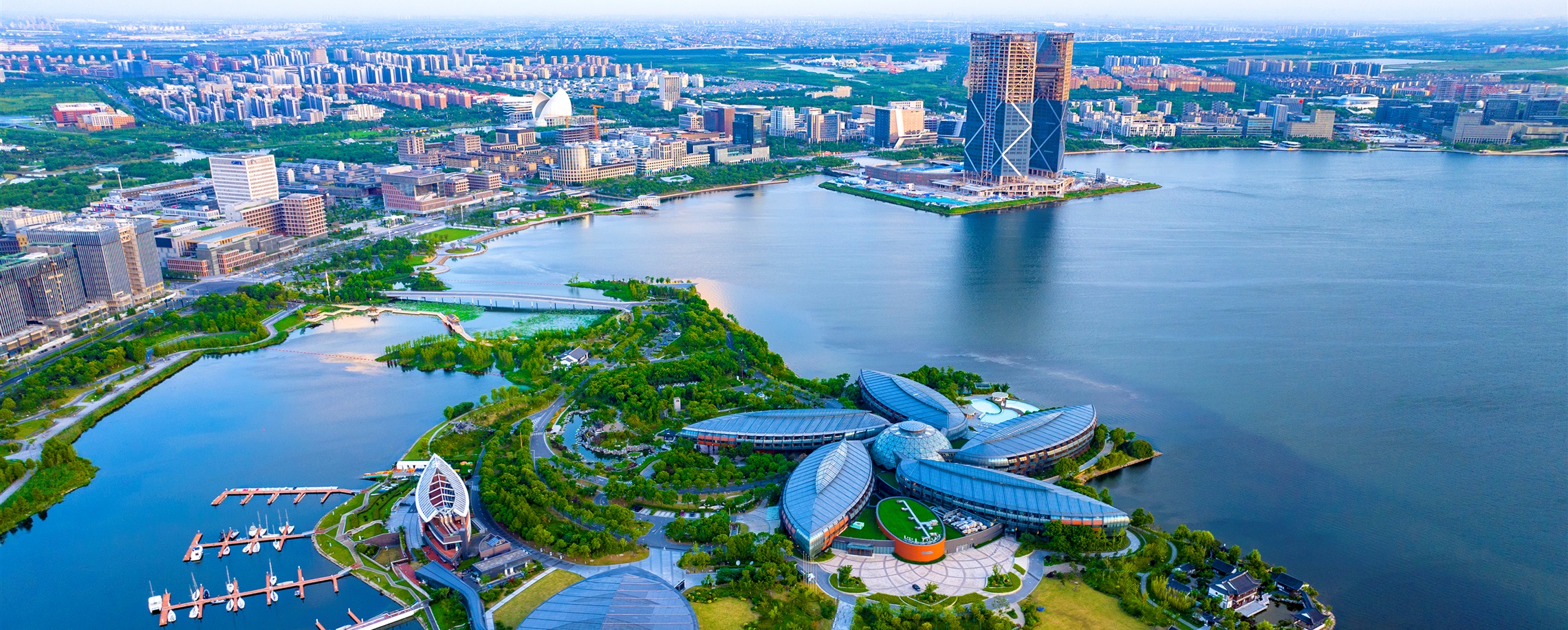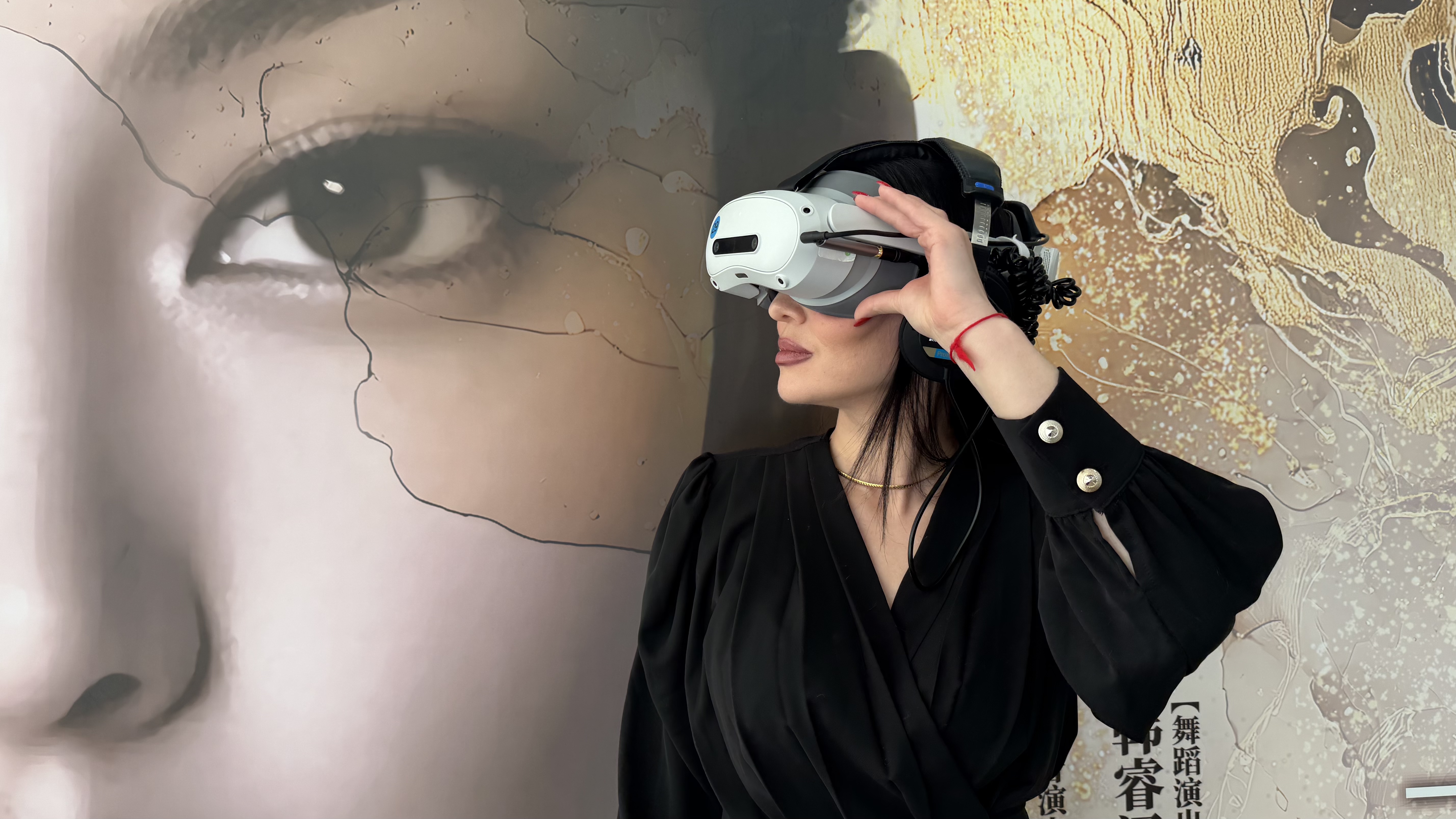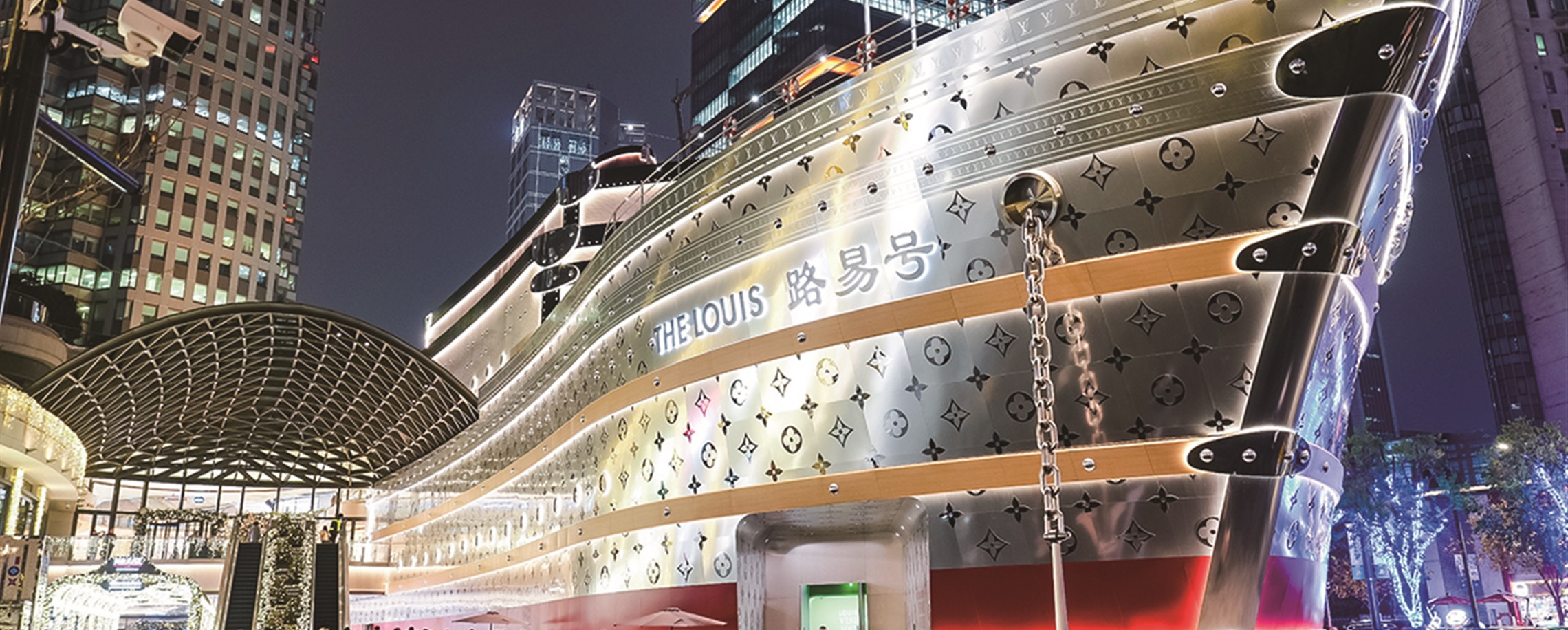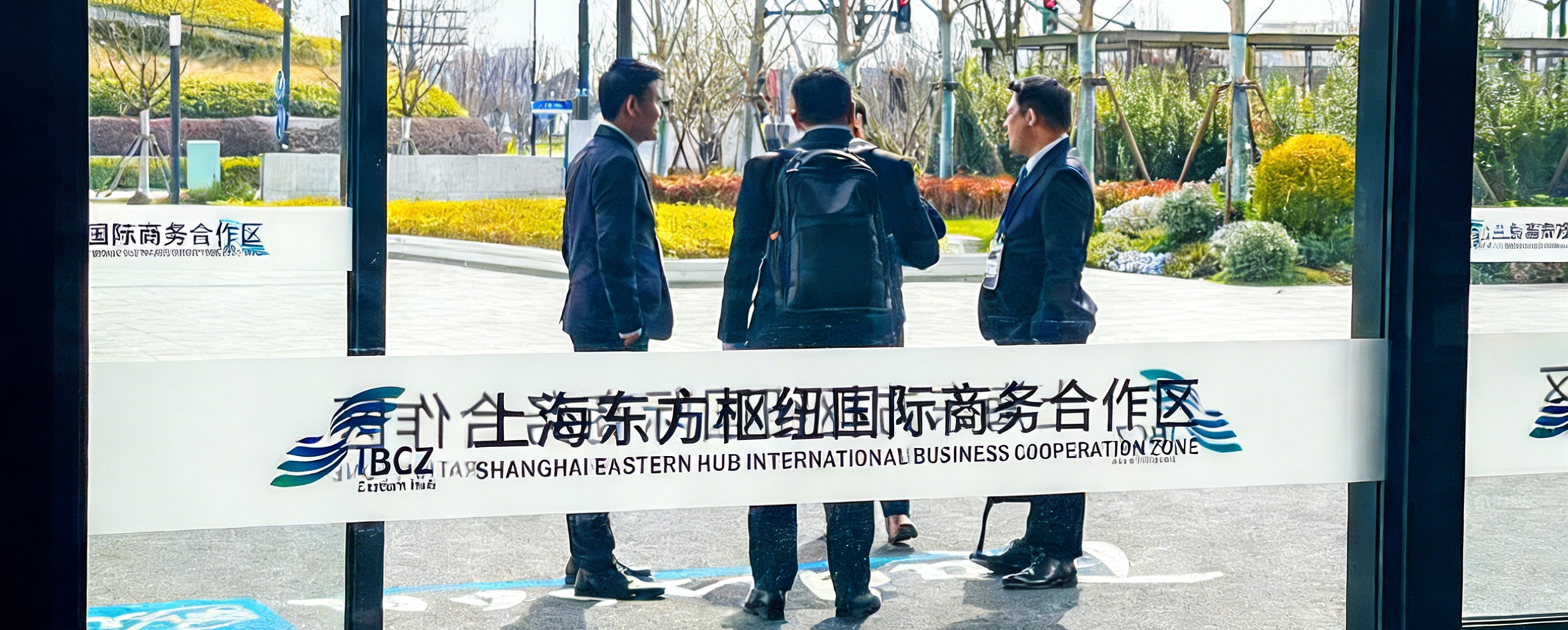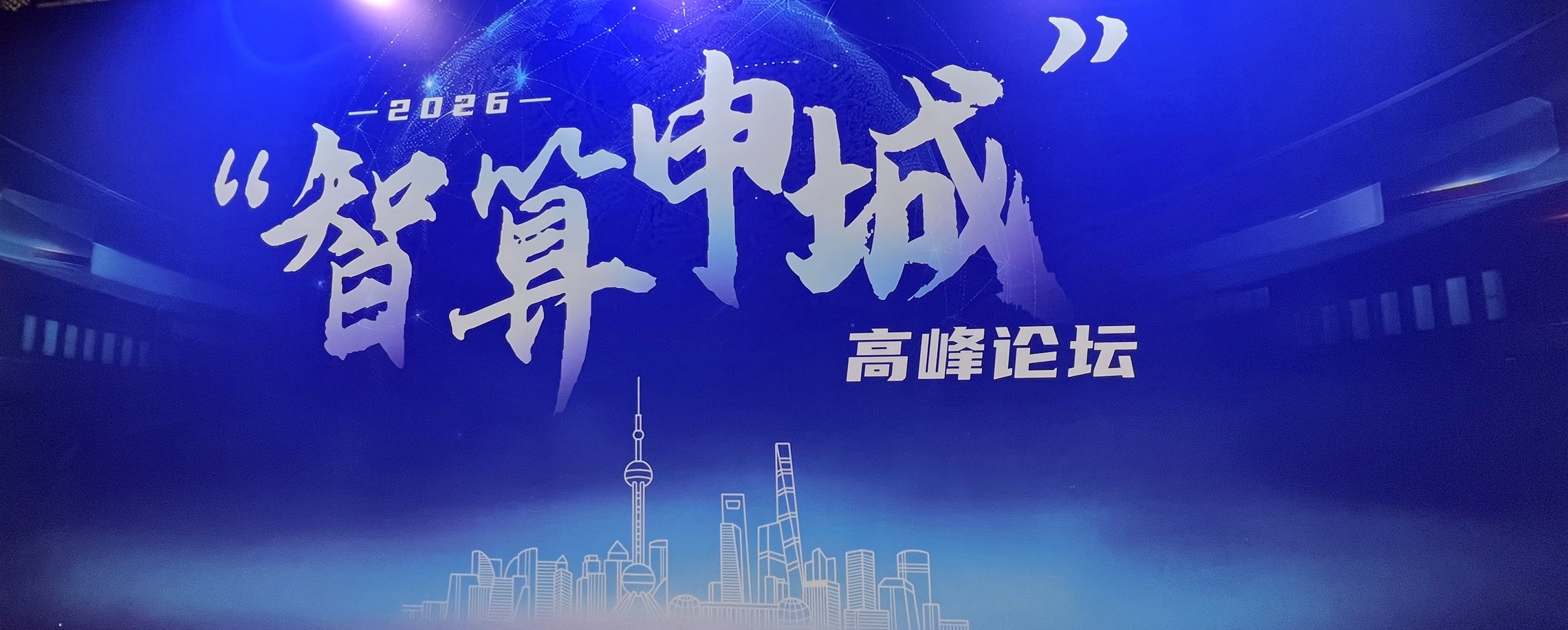Shanghai opens new AI innovation town in Xuhui
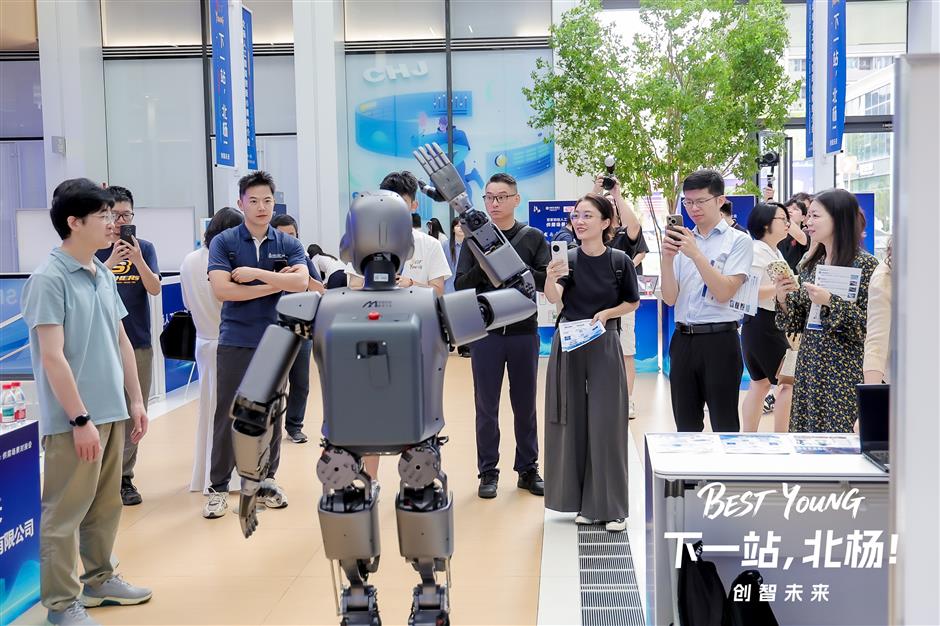
Shanghai launched a new hub for artificial intelligence startups on Friday as part of its plan to become a global leader in the AI industry.
By 2027, Beiyang AI Innovation Town in Xuhui District will have over 600 companies. The project seeks 10 unicorns and top firms and 50 AI applications. It borders Changhua Road, the Outer Ring Road, Laohumin Road, and Dianpu River, and covers 1 million square meters.
At the center of the project is the Shanghai Innovation Institute, a talent hub established a year ago to train the next generation of AI leaders. The institute works with universities, startups, and investors to connect research with industry applications.
It sits on an open campus where rows of rectangular buildings covered in glass curtain walls have been built, while more are under construction. The layout combines laboratories, offices, and public spaces to encourage collaboration.
The Hong Kong University of Science and Technology's Shanghai center and Hongshan, one of China's leading venture capital firms, are nearby.
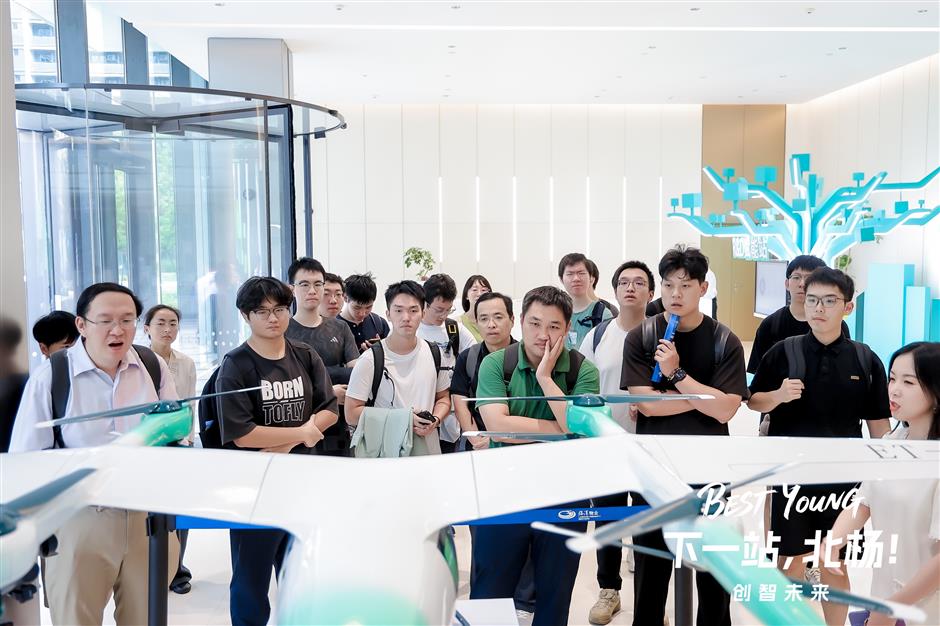
The district government announced new supporting policies. It plans to grow the local AI industry to 200 billion yuan (US$28 billion) by 2027 with 2,500 companies and 120,000 skilled workers.
Xuhui also launched a 2 billion yuan AI fund for youth. It will target entrepreneurs under 35, investing up to 1 million yuan in early-stage projects, with Hongshan serving as an adviser.
A new Hongshan innovation accelerator will provide early teams with startup courses, research support, and affordable office and housing space.
The town plans to offer free workspace and housing for startups in their first year, as well as subsidies for computing power and training data.
Dozens of students and researchers from top universities, including Tsinghua, Peking, Fudan, and Shanghai Jiao Tong, visited the site on Friday.
"Everything here feels new. There is a strong energy for innovation and also a positive quality of life here. The atmosphere for startups is real," said Tsinghua PhD candidate Qi Zehan.
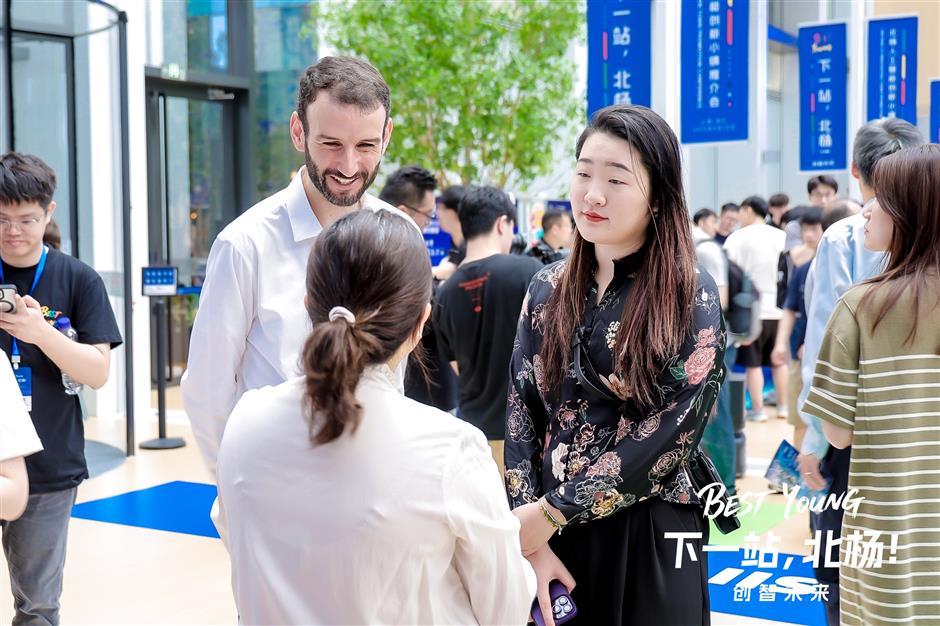
A promotion meeting also showcased several new technologies. One highlight was an intelligent wheelchair that can drive itself indoors and outdoors. It uses sensors to avoid obstacles and prevent falls.
In emergencies, it can plan the fastest route to a medical station or guide elderly users to safe exits during fires or earthquakes. It can be disassembled without tools, with each part weighing less than 15 kilograms for easy transport.
Another product, a 24-hour personal health robot, acts as a cloud-based caretaker. It combines voice, facial recognition, and gesture controls to interact with users. It can remind people to take medicine, collect deliveries, or call a car, while also monitoring their vital signs and sending alerts when needed.
A startup presented AI-powered plush toys that mimic pet-like behavior. The toys respond to touch, hugs, and movement with lifelike sounds and gestures, designed to reduce stress and provide comfort.
Another device was a wearable earbud monitor that tracks stress levels, offering gentle reminders and weekly reports on emotional state.
Also featured was a humanoid care robot designed for nursing homes. It uses radar and health sensors to monitor breathing, oxygen levels, and sleep quality, providing early warnings and non-contact health support for elderly residents.
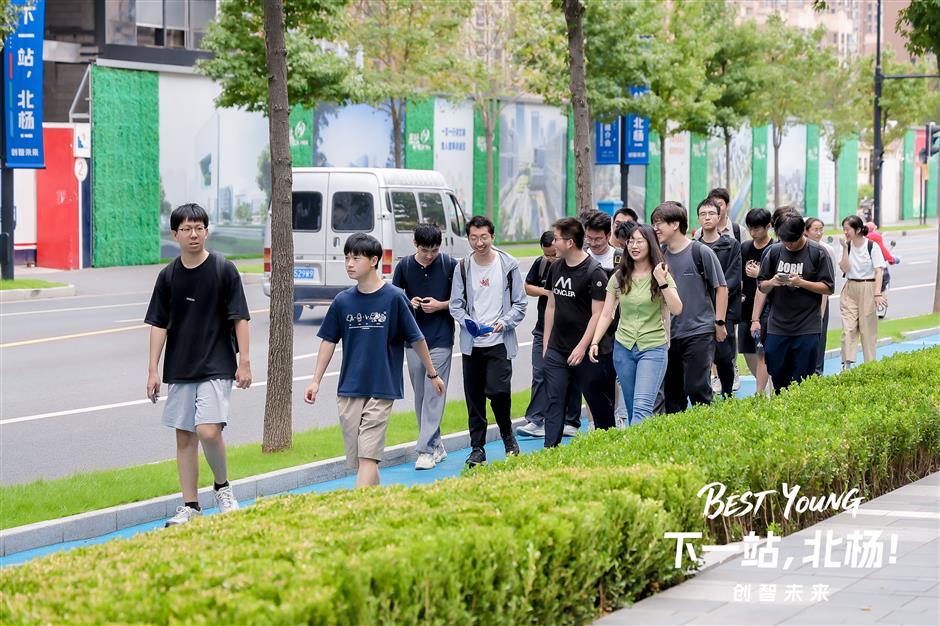
Yang Yang, director of the Hong Kong University of Science and Technology's Shanghai center, said, "Xuhui has the highest concentration of AI education and startups in the city."
He added that their 6,000sqm incubator, including 2,000sqm of lab space, will open in October.
"This is where young entrepreneurs can grow faster. Next year, we will also host our first AI and entrepreneurship contest in the Yangtze River Delta region," Yang said.
Hamza Boukili, a French teacher of applied mathematics at the Paris Elite Institute in Shanghai, said the density of AI incubators appealed to him.
"You can find many different AI startup incubators," he said. "The government policies and the presence of top universities make Shanghai a good place to start a business."
In Case You Missed It...
